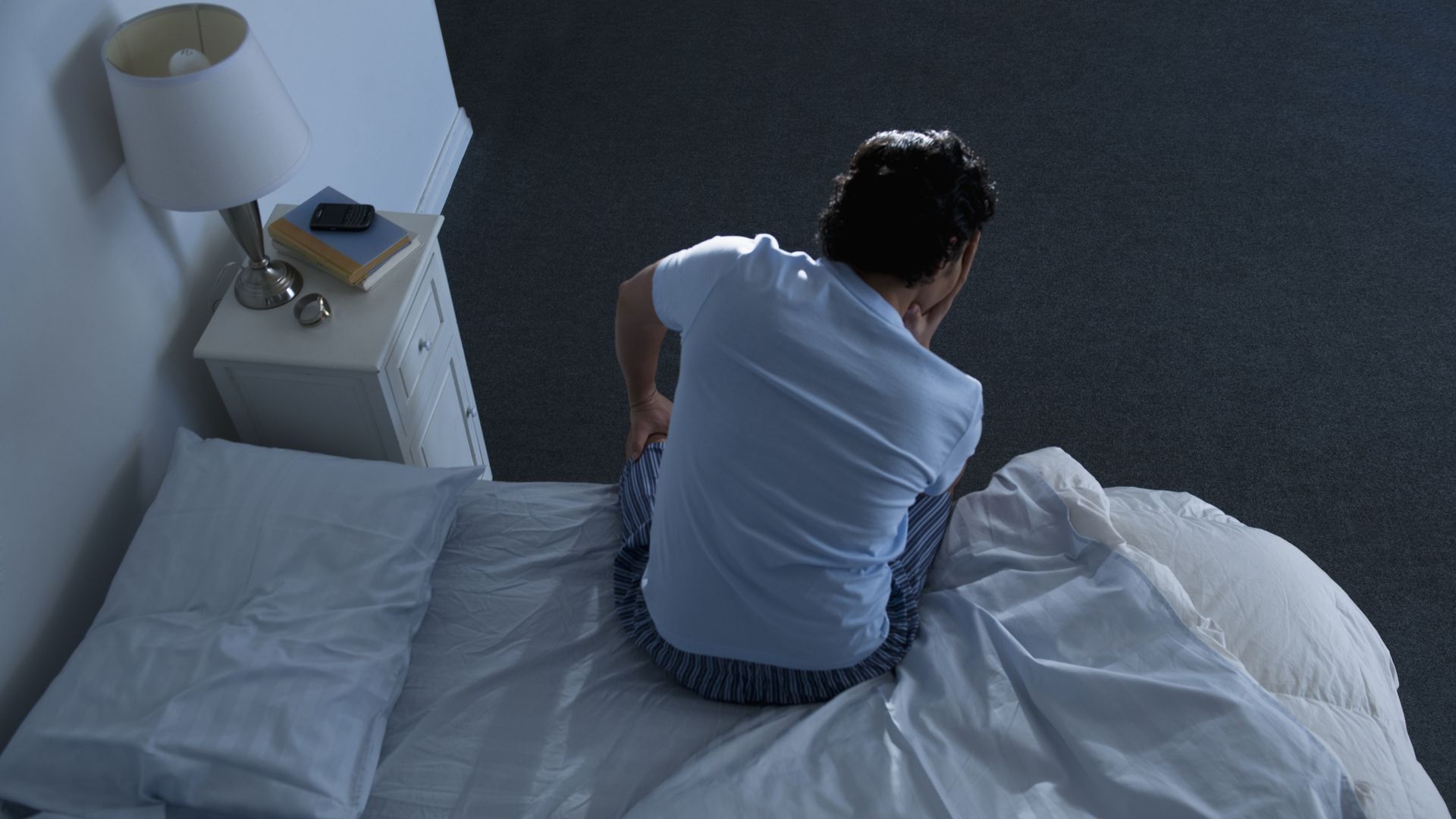Understanding Nocturnal Pain
Nocturnal pain, or pain experienced during the Feeling Pain at Night, can be a distressing experience that disrupts sleep and affects overall well-being. While occasional nighttime discomfort is common, persistent or severe nocturnal pain warrants attention as it may indicate underlying health issues. In this comprehensive guide, we delve into the various reasons behind nocturnal pain, shedding light on potential causes and offering insights into management strategies.
Common Causes of Nocturnal Pain
1. Musculoskeletal Conditions
Musculoskeletal disorders such as arthritis, fibromyalgia, and muscle strains are prevalent causes of nighttime pain. These conditions often worsen during rest due to decreased movement, leading to stiffness and discomfort. Individuals suffering from arthritis may experience increased joint pain at night, disrupting sleep patterns and affecting overall quality of life.
2. Neuropathic Pain
Neuropathic pain results from damage or dysfunction of the nervous system and can manifest as shooting pain, tingling sensations, or burning discomfort. Conditions such as diabetic neuropathy, sciatica, and post-herpetic neuralgia commonly cause nocturnal neuropathic pain, making it challenging for individuals to achieve restful sleep.

3. Gastrointestinal Issues
Digestive disorders like acid reflux, gastritis, and irritable bowel syndrome (IBS) can trigger nighttime pain and discomfort. Acid reflux, in particular, may worsen when lying down, leading to heartburn and chest pain. Additionally, abdominal cramping associated with IBS can disturb sleep and contribute to nocturnal discomfort.
4. Psychological Factors
Psychological factors such as stress, anxiety, and depression can exacerbate nocturnal pain symptoms. Heightened emotional distress can amplify pain perception, making it more challenging for individuals to relax and fall asleep. Furthermore, conditions like restless leg syndrome (RLS) and somatic symptom disorder may manifest as nighttime discomfort, further complicating sleep patterns.
5. Sleep Disorders
Certain sleep disorders, including sleep apnea and insomnia, can exacerbate nocturnal pain symptoms. Sleep apnea, characterized by pauses in breathing during sleep, may lead to oxygen deprivation and increased pain sensitivity. Moreover, individuals with insomnia may experience heightened awareness of pain sensations, making it difficult to achieve restorative sleep.

Management Strategies for Nocturnal Pain
1. Pain Medications
Over-the-counter or prescription pain medications may provide relief for nocturnal pain symptoms. Nonsteroidal anti-inflammatory drugs (NSAIDs), acetaminophen, and muscle relaxants can help alleviate discomfort associated with musculoskeletal conditions and neuropathic pain. However, it is essential to use these medications as directed and consult with a healthcare professional if pain persists or worsens.
2. Lifestyle Modifications
Implementing lifestyle changes can help reduce the frequency and severity of nighttime pain episodes. Engaging in regular exercise, maintaining a healthy weight, and practicing relaxation techniques such as yoga or meditation can promote overall well-being and improve sleep quality. Additionally, establishing a consistent sleep schedule and optimizing sleep environment can enhance restorative sleep and alleviate nocturnal pain.
3. Dietary Adjustments
Making dietary modifications may alleviate nocturnal pain associated with gastrointestinal issues. Avoiding spicy, acidic, or fatty foods before bedtime can help reduce acid reflux symptoms and minimize nighttime discomfort. Furthermore, staying hydrated and consuming fiber-rich foods can promote digestive health and alleviate symptoms of constipation or abdominal pain.
4. Cognitive Behavioral Therapy (CBT)
Cognitive behavioral therapy (CBT) can be beneficial for managing nocturnal pain by addressing underlying psychological factors and promoting adaptive coping strategies. CBT techniques, such as relaxation training, cognitive restructuring, and sleep hygiene education, can help individuals develop effective pain management skills and improve sleep quality. Explore More About (Childs Health)

5. Alternative Therapies
Complementary and alternative therapies, including acupuncture, massage therapy, and chiropractic care, may offer relief for nocturnal pain symptoms. These modalities aim to address underlying imbalances in the body and promote holistic healing. However, it is essential to consult with a qualified healthcare professional before incorporating alternative therapies into your treatment regimen.
Conclusion
Nocturnal pain can significantly impact quality of life, affecting sleep, mood, and overall well-being. By understanding the underlying causes of nighttime discomfort and implementing appropriate management strategies, individuals can effectively alleviate pain symptoms and improve sleep quality. From addressing musculoskeletal conditions and neuropathic pain to managing gastrointestinal issues and psychological factors, comprehensive treatment approaches can help individuals reclaim restful nights and enhance their overall health and vitality.




